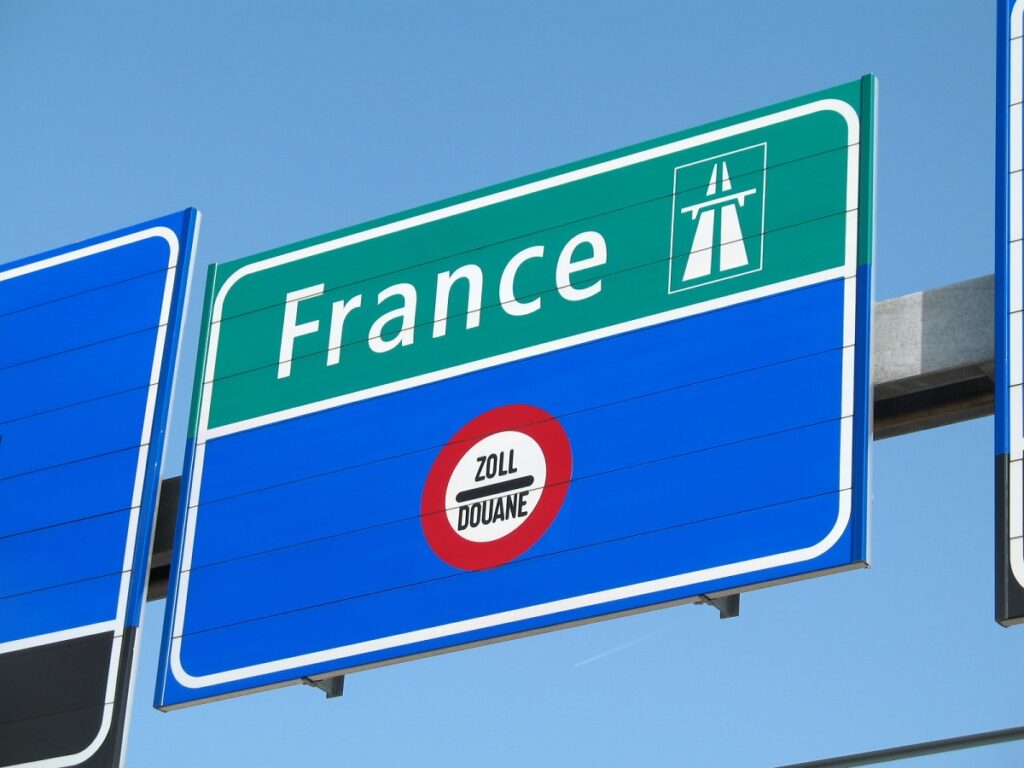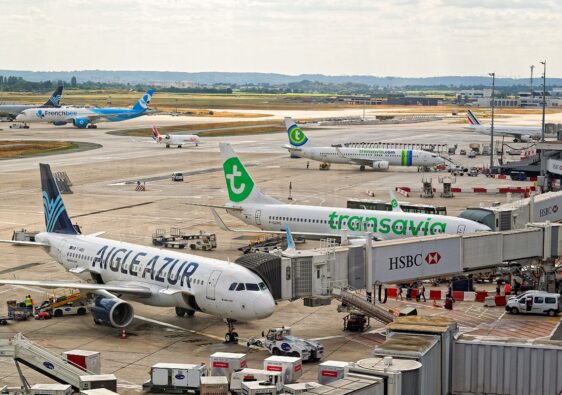Since January 1, 2021, the post-Brexit era has reshaped the travel landscape between the United Kingdom and France. With the end of the transition period, the UK officially left the European Union, bringing significant changes to how people move between these two countries. This article aims to provide essential information for travelers planning to cross the English Channel in either direction.
What are the Required Documents and Checks when Traveling to France from the United Kingdom?
The implementation of Brexit marked the end of free movement rights that UK citizens previously enjoyed within the EU. This change means that British nationals now face more stringent checks when entering France and other EU countries. Similarly, EU citizens, including those from France, must adhere to new regulations when visiting the UK.
For British Nationals Traveling to France
From January 1, 2021, British travelers need to be aware of several key points:
- Passport Requirements: A valid passport is now mandatory for British citizens entering the Schengen Area, including France. They should use the “non-EU/EEA/CH” lanes at border checkpoints.
- Short Stays: No visa is required for short visits (up to 90 days in any 180-day period), but passports will be stamped upon entry and exit.
- Proof of Sufficient Funds: Travelers must demonstrate they have enough resources for their stay, typically at least 65 euros per day.
- Health Insurance: A comprehensive insurance covering medical, hospital, and death expenses, including repatriation for medical reasons, is required.
For more detailed information, British nationals can refer to the Annex I of the Schengen Borders Code and the French government’s travel guidelines.
🔗 Read Also: How do get to France from England by ferry ?
For International Tourists Visiting Both France and the UK
- EU, EEA, and Swiss Citizens: These nationals can enter the UK without a visa for short stays, needing only a valid passport. Until October 1, 2021, a national ID card is also acceptable.
- Non-EU Nationals: Depending on their country of origin, some travelers might need a visa to visit the UK. It’s advisable to check the UK government’s website for specific requirements.
Customs and Duty-Free Regulations

Post-Brexit, travelers from the UK to France and vice versa must adhere to new customs regulations:
- From the UK to France: There are specific allowances for alcohol, tobacco, and other goods. Details can be found on the French customs website.
- VAT Refunds: Purchases made in France by non-EU residents may be eligible for tax refunds under certain conditions.
🔗 Read Also: Understanding Visa Requirements for Traveling in France and the Schengen Area
Driving in France with a UK License
British nationals can use their UK driving license for short stays in France without needing an international driving permit.
Traveling with Pets
Since January 1, 2021, the European pet passport issued in Great Britain is no longer valid for entry into the EU. Pet owners from the UK must comply with several health regulations, including microchipping, rabies vaccination, and obtaining a health certificate from a UK vet. This certificate is valid for 10 days after issuance for entry into the EU and four months for travel within the EU and Northern Ireland.
🔗 Read Also: Key Guidelines for Bringing Your Cat or Dog to France from abroad
EU residents returning from the UK with pets should carry a European pet passport, proving a valid rabies vaccination.
Traveling between the UK and France post-Brexit requires more preparation and awareness of new regulations. Whether you’re a British national heading to France or an international tourist exploring both countries, understanding these changes will ensure a smoother and more enjoyable journey. Remember to check the latest guidelines and requirements before your trip, as policies may evolve over time.




